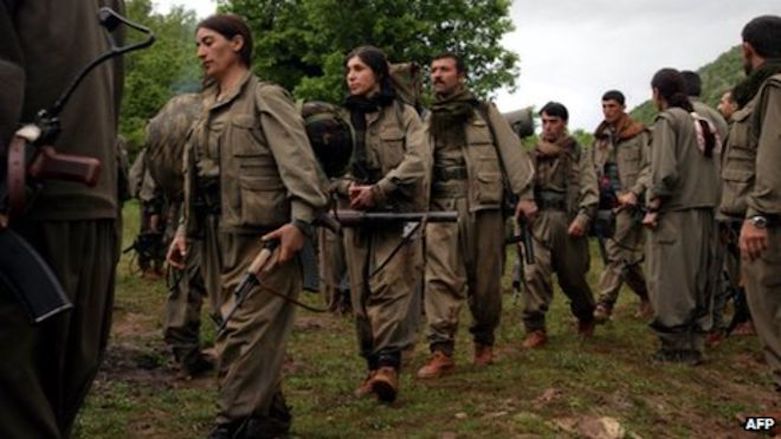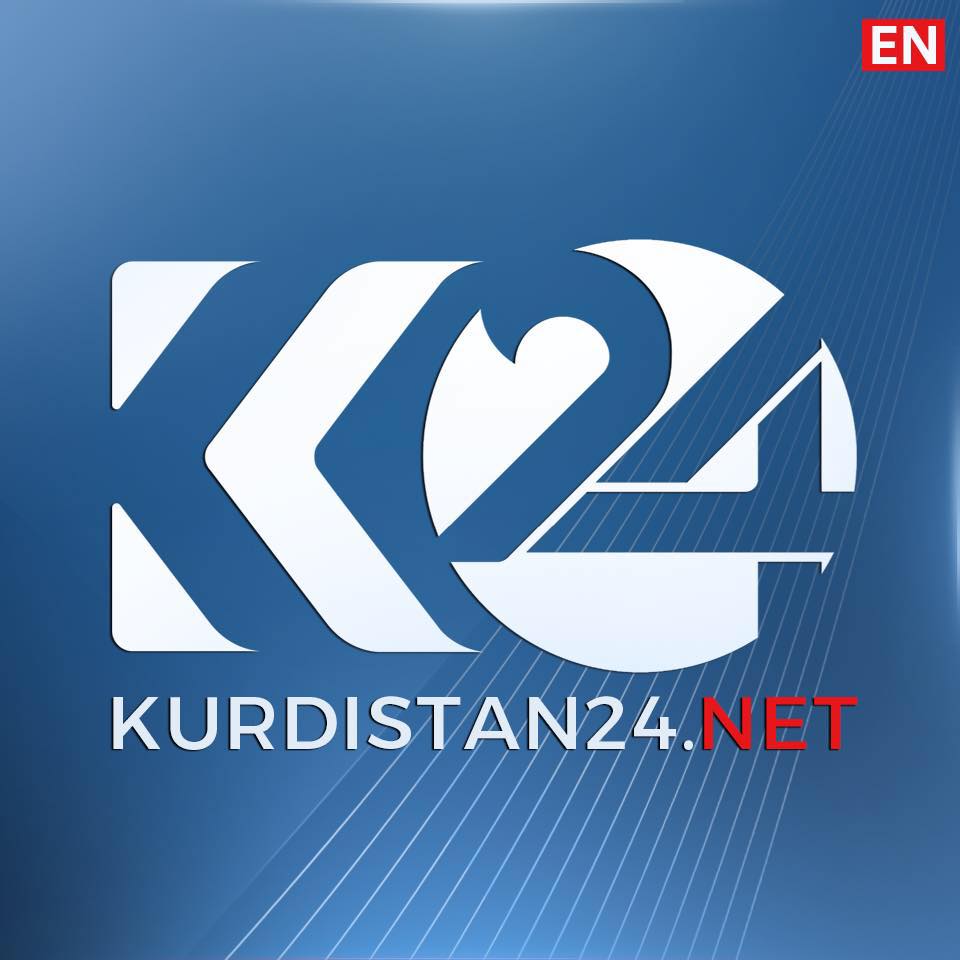Iran refutes Turkish claim of joint anti-PKK operation

ERBIL (Kurdistan 24) – Iran did not participate in a Turkish military operation targeting Kurdistan Workers’ Party (PKK) fighters, the country’s state media reported on Monday, citing army sources who refuted a claim by a Turkish minister.
The pro-government Iranian Students News Agency’s (ISNA) unnamed source from the country’s General Staff said Iran was fighting groups “that intended to create insecurity on our soil,” but it was not involved in the Turkish operation along the border.
ISNA’s Persian language report used the phrase “Kurdistan of Turkey” when defining the PKK’s operational zone, a designation referring to the part of the Kurdish homeland remaining within Turkey’s borders.
It is likely to raise eyebrows in Ankara given the Turkish state’s fierce objection to any Kurdish entity and particularly at a time Turkey’s President Recep Tayyip Erdogan, almost every day, questions if a region called Kurdistan exists in Turkey to alienate voters from backing the opposition that has forged a teetering electoral alliance with Kurdish parties.
Earlier in the day, Turkey’s Interior Minister Suleyman Soylu told crowds supporting President Erdogan’s Justice and Development Party (AKP) that the two neighboring countries with restive Kurdish populations had conducted a joint operation.
“Fifteen days ago, I told you that. The Iranians came here, we went to Tehran two, three times and this morning at 8 a.m., we launched the joint operation along with Iran in our eastern border,” Soylu, a hawkish government figure, told a pro-AKP election rally in the city of Antalya.
Turkey is going to the ballot box on March 31 to elect mayors and members of local councils in over 1,400 population centers.
“We will let you know about the operation’s outcome. We will not let them [Kurdish rebels] breath. We will eradicate their roots. We are leading the struggle,” the minister continued as he raised his voice in remarks during the televised speech.
Iran’s refute comes hours later, but the Turkish media did not report it.
The Islamic Republic is also fighting pro-autonomy Kurdish parties, namely Democratic Party of Iranian Kurdistan (KDPI), Komala Party of Iranian Kurdistan, and PKK branch Kurdistan Free Life Party (PJAK) along its border areas with the Kurdistan Region.
Despite their common fight against various Kurdish factions, the Shia-majority Iran that militarily supports Shia Islamist groups across the Middle East and Sunni-majority Turkey with a recently-adopted pro-Sunni foreign policy in the region remain long-time rivals.
The two back warring sides in the Syrian civil war.

At the time of writing this report, Erdogan renewed the claim that the armies of Iran and his NATO member country conducted an operation against the PKK, despite the denial from the former.
“Iranians are uncomfortable with PJAK. We are uncomfortable with PKK. We spoke of a joint operation against them. Thanks to God, we did overnight. They [Iran] will continue [cooperating]. The Iranian side and we are committed,” he said during an interview aired on all major news channels.
Ankara has long tried to join forces with Tehran in fighting Kurdish rebels scattered along the mountainous border regions covering the Kurdish homeland divided between Iran, Turkey, Iraq, and Syria.
In the run-up to and aftermath of the Kurdistan Region’s independence referendum from Iraq, leaders of the two countries announced intentions to launch massive coordinated cross-border operations that later did not materialize.
Editing by Karzan Sulaivany
